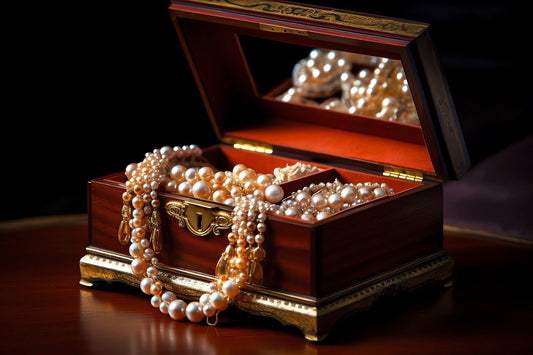When we hear a change in our systems or setups that we cannot explain or prove—or worse when it goes against accepted doctrine—some of us go with it while others don't. It's just human nature.
Thankfully, there are those of us comfortable with relying more on observation than proof.
Confidence in observations can sometimes save lives. Take for example the case of 7,680 pounds of sauerkraut.
Between the years 1500 and 1800 more than 2 million sailors died a horrific death from scurvy, which we now understand results from a lack of vitamin C. In 1740, commodore George Anson, who set sail with six ships for the Pacific with 2,000 seamen, returned to England with less than 700, the rest consumed by the disease. (And it wasn’t a pretty death: According to Anson’s chaplain, “those affected have skin as black as ink, ulcers, difficult respiration, rictus of the limbs, teeth falling out and, perhaps most revolting of all, a strange plethora of gum tissue sprouting out of the mouth, which immediately rotted and lent the victim’s breath an abominable odor.”)
Because medical "science" didn't yet exist, the only cures were found by observations and a bit of luck. It had been known through story and fable that Chinese sailors seemed immune. One of the biggest differences between English sailors and their Chinese counterparts was diet. In 1753, Scottish naval surgeon James Lind linked diet to the disease. He began testing various foods and noted that citrus fruits provided the quickest and most effective cure. Yet, citrus fruits don't travel well. What diet differences between the two cultures might account for this? Fermented cabbage.
In Asia, fermented cabbage was called kimchee. In Europe, it was known as sauerkraut. As an experiment, British Captain James Cook was given several different experimental foods to try aboard his ship the HM Bark Endeavor when he left England for the South Pacific in 1768. Among them was 7,860 pounds of sauerkraut. Three years after leaving England, Cook returned home without a single death attributed to scurvy.
It was blind faith that had every sailing ship outfitted with sauerkraut.
The proof came nearly a century later.









